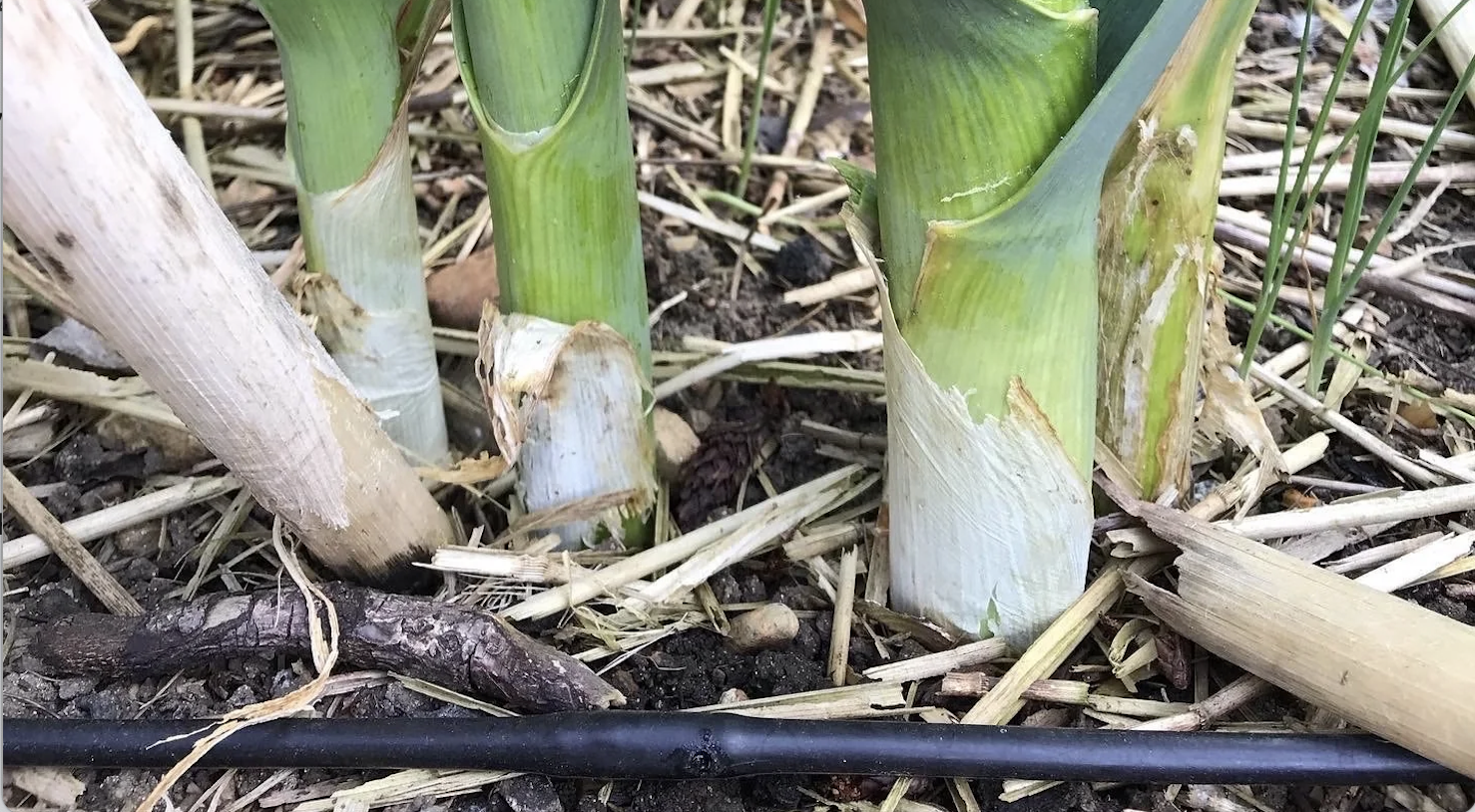Seed-Sowing in December – Really?
Yes really! And into winter too… so you have an extra Christmas gift idea up your sleeve (or in your gardening glove?) for any passionate gardeners, homesteaders or permaculturalists in your life. Sowing perennial plants has great benefit for soil biology, and if they are edible, then that’s a bonus. While the human gut microbiome remains a research frontier, one large study suggests we should be eating at least 30 different plants a week to sustain a diversity of microbial allies within. Edible perennials are a fun way to increase the variety on your plate while maintaining low carbon food miles. Happy soil microbiome, happy human microbiome.
Many edible perennials require cold stratification, meaning a period of several weeks of cold weather before they are signaled to germinate. They can be planted in December (and January, and into February) in 4” pots outside. Use an unheated greenhouse or cold frame for extra protection. Some may sound familiar – Caucasian spinach, good king Henry, skirret, camas, stinging nettle. Others may be new to you: Korean bellflower, red-veined sorrel, meadow parsley, bare-stem biscuitroot, silverweed and musk mallow.
Into the new year, on a heat mat you can start potato onions, cold hardy chilli pepper, and Korean celery. Bulbils of Babington’s leek, Egyptian onion and meadow garlic can go in the soil any time the ground isn’t frozen.
From a soil health perspective, perennials provide soil cover and a relatively constant source of exudates to feed the microbes below. Perhaps most importantly, you plant them once and then leave them to continue producing year after year, without the need to disturb the soil in a significant way. It’s no-till gardening at it’s best! Provide enough mulch and you are good to go.
This year I am dedicating a full raised bed to perennial leeks and onions. Perennial edibles also work really well around the edges of a vegetable garden where they can remain undisturbed, on the edges of a food forest, or as part of a fruit tree guild.
You can find these seeds and bulbils for sale at www.cicadaseeds.ca. Michalina is a wealth of information and has created extensive growing guides. Be quick (especially on the bulbils!). May you, and your soil’s biology, enjoy this Christmas season.
